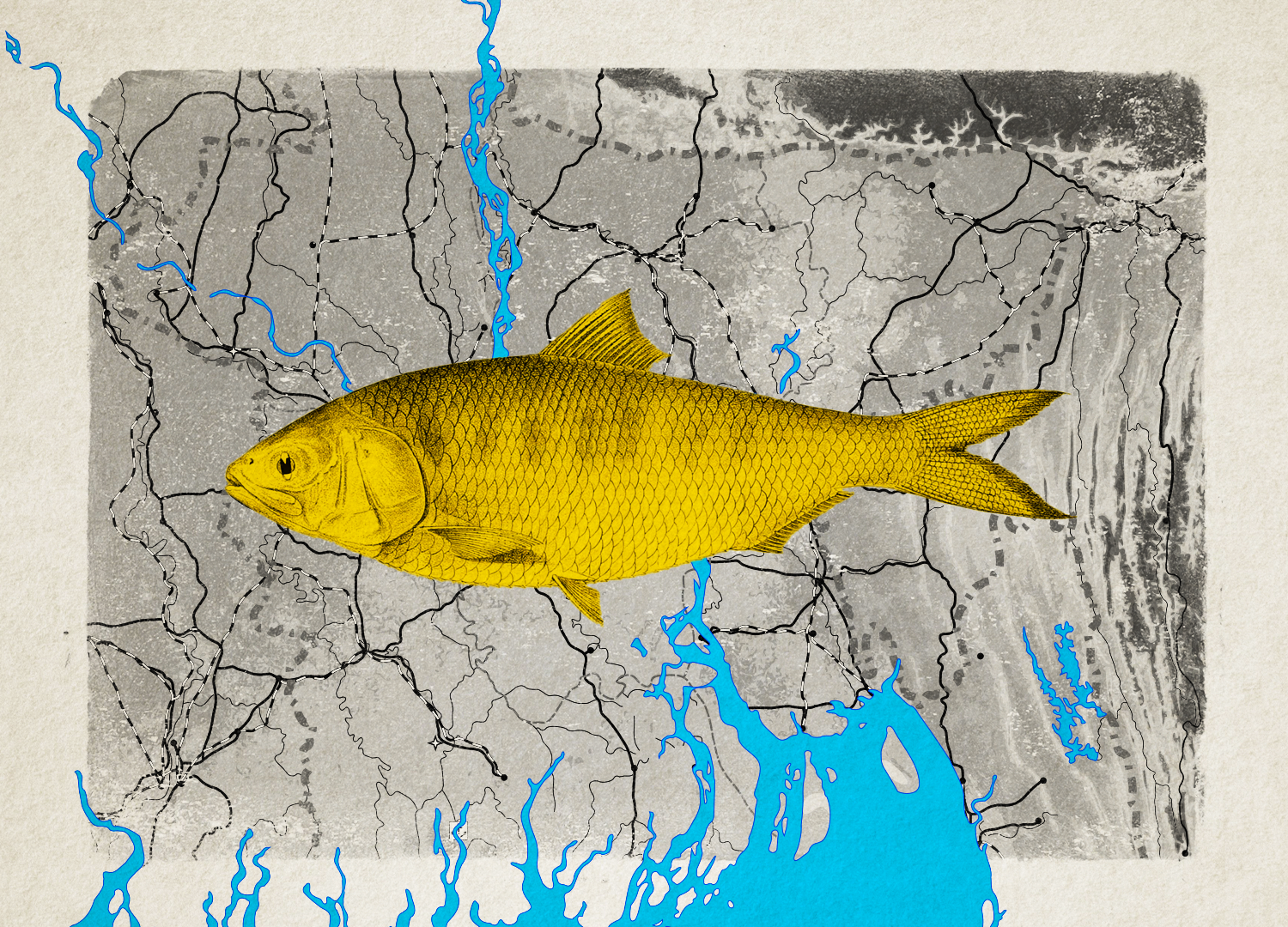
The choice India made not to ditch the most loyal friend in the neighbourhood compounded the aftermath and further fuelled popular anger in Bangladesh. India choosing to protect a dictator appears as an affront to the people fighting for democracy and human rights. Even her fall couldn’t change India’s attitude and manifest antipathy towards the spirit of the Monsoon Revolution. It is in this context that Farida Akhter, one of the advisers in the interim government, said that this time around Bangladesh wouldn’t be able to export Hilsa to India.
However, before embarking on his very first foreign trip to attend the UN General Assembly session, Muhammad Yunus decided to send hilsa to India. It is not very hard to understand how this will be viewed in Delhi. Whatever hope or wishful calculation Yunus’ government has, it will rightly detect indecisiveness amongst the advisers. This may even appear a position of weakness and the beginning of an early appeasement policy.
By this time, India has made it clear: despite the request from Dhaka, Narendra Modi has no appetite to talk to Yunus on the sideline of the UN General Assembly meetings. Indian Home Minister Amit Shah trotted out BJP’s rhetoric in Jharkhand by threatening to hang “Bangladeshi infiltrators” upside down. It shows that India will follow a prolonged strategy to create an atmosphere of fear and enfeebling the Bangladeshi government.
This playbook is simple and very old. Since independence, whenever Bangladesh had a government other than the Awami League, the country faced destabilisation from Delhi. The contrast between India’s relationship with the Sheikh Mujib government and its attempts to destabilise Bangladesh after Mujib’s assassination in 1975, especially the dozens of coup attempts that plagued the military institution, testify to this.
For any system or society to function at the very basic level, the most immediate and crucial element is to maintain law and order that guarantees the safety and security of the community. Otherwise, the society dissolves into chaos and uncertainty. The ongoing fragile law and order situation is a perfect recipe to send Bangladesh into a permanent state of flux.
The vital energy and attention of the Yunus administration will easily be drained. They will not be able to focus on the most important things, let alone confronting remnants of fascist elements at home and India’s counter-offensive in the international arena. Soon, the government will feel compelled to seek India’s blessings in order to calm things down. And until that opportune moment, India will wait.
Diplomacy doesn’t work on goodwill alone. It revolves around realpolitik. Unless a country has real and effective leverage or hard power to compel the other country to come to the negotiating table, it will always have to speak from a position of weakness.
India has a lot to lose, which it had procured by supporting a dictator who propped up a cartel of cronies and murderous security apparatus involved in egregious human rights violations. It is viewed as being responsible for corrupting the national fabric of Bangladesh. Now, in order for India to keep the deals it struck during Hasina’s rule in place, it will not engage with Bangladesh until it finds or can create an opportunity to exploit Bangladesh’s vulnerability. At this juncture, goodwill gestures and appeasement will not work. They can only weaken Bangladesh’s position further.
Going back to hilsa — which we want West Bengal to relish during the Durga Puja — both India and Bangladesh harvest it. Bangladesh is not an exclusive source of this delicious fish. India even exports Hilsa to various countries. One may point to the fact that the most delicious one is found in Padma. But we can’t be oblivious to the condition of the river. When did West Bengal raise concerns about the water flow required to keep the river alive and make it a better breeding ground for the hilsa they wish to import from Bangladesh? We are deprived of the necessary levels of water flowing into it. Which county is responsible for blocking the veins and arteries of the riverine Bangladesh, thereby causing an impending natural calamity? Why doesn’t it want to give us water but demand fish from us?
Given the purchasing power of the common people in Bangladesh and India, what percentage of people are actually capable of buying and eating this costly fish? Why shouldn’t we try to make it cheaper and more available to our people?
What has Yunus achieved with this hilsa diplomacy? Will West Bengal take a friendly position to have our rightful share of water flowing into Padma, Jamuna and Teesta? Will Modi and Amit Shah back-pedal and try to reset the bilateral relationship on the principles of sovereign equals and mutual respect? Will India stop providing a sanctuary for the criminals and killers associated with the Awami League regime? What benefit does it deliver to Bangladesh rather than appearing meek and weak before an arrogant India in denial of everything it did to destroy democracy in the last fifteen and a half years?
The prime culprit of the July massacre has found shelter in Delhi. India has no hesitation in guarding a mass murderer and calling her a friend! In this, they have even shown bipartisan consensus. India must choose between the people of Bangladesh and its fascist vassal, the Awami League.
The aspiration of Bangladesh’s second independence is sacrosanct. India must accept this or else there will be no co-operation. Certainly, hilsa is not where you begin a reset.●
Mustain Zahir is a development professional.
source : netra news
